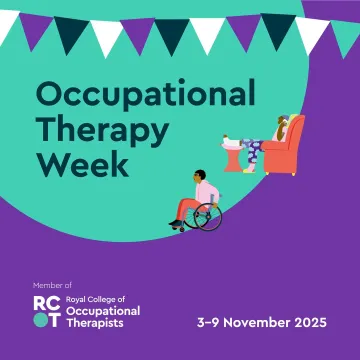Antimicrobial Resistance








Antimicrobial Resistance
Many NHS treatments could become dangerous unless more is done to tackle the threat posed by antimicrobial (including antibiotic) resistance.
This stark warning was sounded by Cheshire healthcare leaders to mark Public Health England's launch on 5 November of the campaign to Keep Antibiotics Working.
Since 2013, bloodstream infections (which can cause sepsis) have risen by an alarming 35 per cent and microbiology laboratories are detecting increased numbers of bacteria with resistance to key antibiotic treatments.
Now, Dr Graham Duce, a clinical lead for antimicrobial stewardship with the Cheshire Clinical Commissioning Groups, has warned: 'Antibiotic resistance is one of the biggest threats facing us today and the overuse or misuse of antibiotics is making the problem worse. Without effective antibiotics, many treatments that we now take for granted will become much more hazardous. Medical procedures such as transplants, chemotherapy and major surgery (for example, caesarean sections or hip replacements) rely on antibiotics that work. These procedures become high-risk as resistance to antibiotics increases. To slow the resistance we need to cut the use of unnecessary antibiotics. An important way of doing this is for patients to not ask for antibiotics for conditions such as colds and earache, and to heed the advice of their healthcare professional.'
It's unlikely that you will be given antibiotics unless you absolutely need them. This is to make sure your body can fight off infections when they become more serious. Without your help, the NHS will not meet its goal of reducing inappropriate prescribing of antibiotics.
There's now a race on to develop new antibiotics to kill the resistant strains but, if we don't win that race, we could face an uncertain future in which antibiotics no longer work.
If you are given antibiotics to take, it is vital that you can take them exactly as prescribed by your healthcare professional, and return any unused antibiotics if you are better. You should never save them for later. We suggest your pharmacist as your first point of contact if you think you may need antibiotics as they will be best placed to give you the correct advice.
Antibiotics do not work for viruses such as colds and flu-like symptoms, vomiting, most coughs, ear infections and sore throats among others. The best approach is to get plenty of rest, drink plenty of fluids and see your pharmacist. Please help yourself and the NHS by spreading the word about tackling antimicrobial resistance.
This article is from our news archive. As a result pictures or videos originally associated with it may have been removed and some of the content may no longer be accurate or relevant.
Get In Touch
AudlemOnline is powered by our active community.
Please send us your news and views using the button below:
Email: editor@audlem.org





